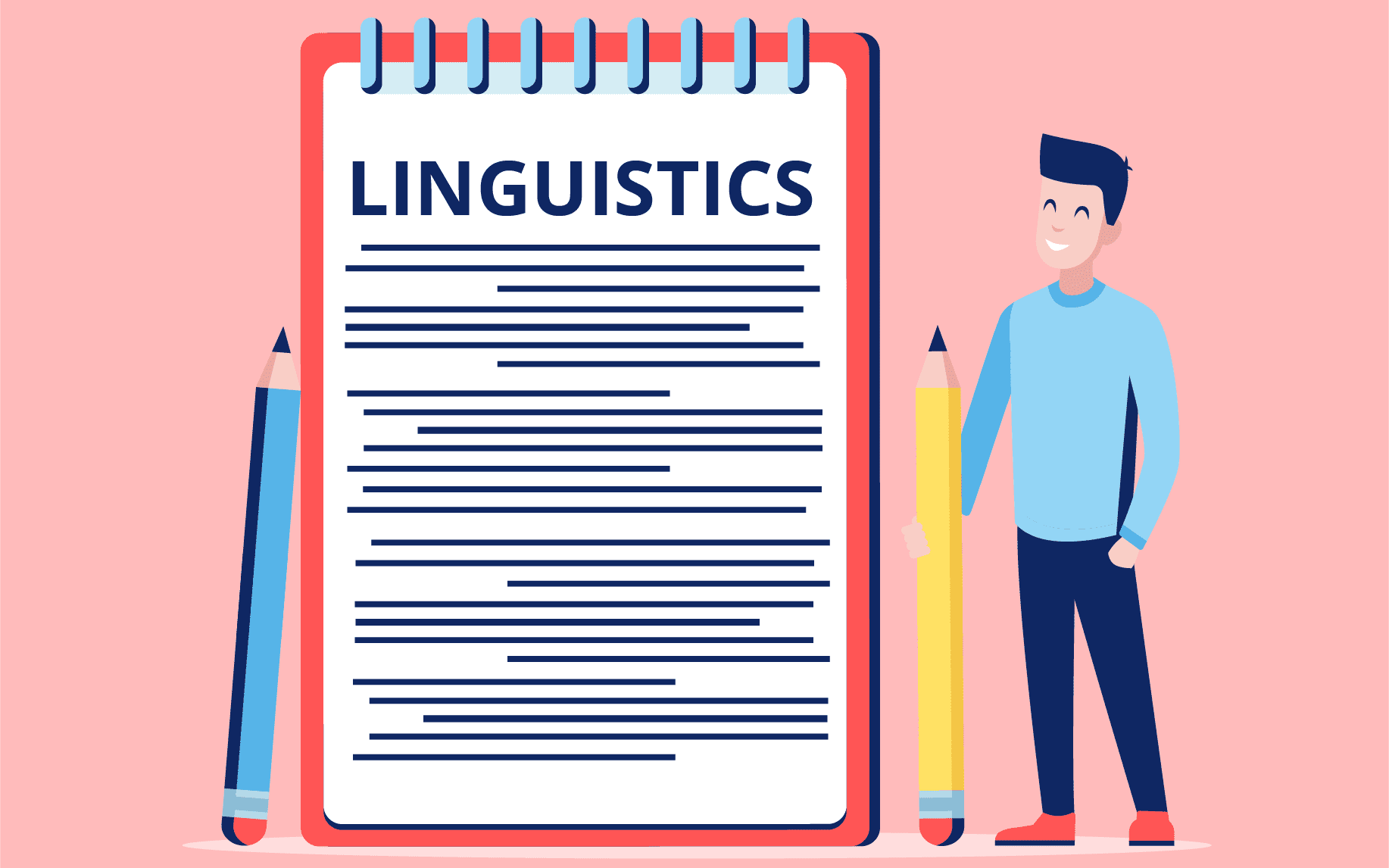Professional linguists must have several skills that would help them build a successful career in the translation industry. There are great career opportunities out there for translators but they must have the right skills and abilities to make the most of them. Whether you are looking for a full-time job or want to work as a freelance translator, having these skills would increase your chances of getting more job opportunities and better translation projects.

In this article, we are going to talk about the 5 best translation skills every linguist must have. If you want to be a professional translator, make sure to polish the skills listed in this article.
Best Skills All Professional Linguists Must Develop
For professional linguists, knowing a language is just the beginning. They must develop other skills and capabilities to build great careers. Have a look at the skills mentioned below, you must develop them to be a successful linguist.
Linguistic Understanding
Only knowing the basic conversation in a language doesn’t make you a professional translator. A translator requires a more in-depth understanding of a language to provide accurate translations. Understanding all linguistic nuances is important for a translator to provide in-context translations. Not having advanced knowledge about a language could lead to misinterpretation of text and poor translations. A language keeps developing with time with cultural and other influences on that particular region. It is important for the translator to keep themselves up to date about all innovations and slang in the language. Native translators usually don’t have any issues with linguistic understanding. If you are not native, try to achieve near-native language understanding through continuous practice and research.

Culture Knowledge
You are more likely to make translation blunders if you don’t have any cultural understanding of the targeted language. Non-native translators make cultural mistakes in their translations that could damage the reputation of any brand. People living in different regions of the world can derive different meanings from the same message. Translators must recognize the cultural sensitivities of their target region to avoid offending anybody’s feelings. Professional linguists with cultural knowledge can better communicate their message to the audiences. You can hire professional translators with extensive experience in culture-appropriate translations from a premium language services provider.
Your translations can better resonate with the local audiences on a deeper level. So, if you are translating for a brand that is just entering a new market, culturally valid translations are essential to building a positive brand image in that marketplace.
Communication Skills
You may think that translation is an isolated job then why should they have good communication skills? Well, whether you are working at a corporate level, or as a freelancer, communication skills would help you better converse with your clients. It would also allow you to understand their requirements in a more effective manner. Not having the right communication skills create understanding issues, and there are chances that clients would require more edits and corrections.

This way, there’ll be no gaps in communication between translators and clients, and all translation requirements will be transferred more clearly. Sometimes translators have to deal with international clients, who don’t know the English language. In this case, they can use a real-time translation tool to have seamless communication with their clients. Even if you’re a freelance translator, having this skill would allow you to better pitch your offer to clients and win more projects.
Technical Abilities
Knowing the technical side of things as a freelance translator helps you effectively carry out your translation project management. The translation industry is evolving continuously, and there are many advanced tools and technologies coming around. The translation demand is increasing rapidly and it is becoming important for a translator to bring in innovative tools to manage the need. So, a translator should keep up with time and know how to handle the latest technology. You must have a technical understanding of CAT tools and translation project management systems to manage volumes of translation and heavy workflow.
Moreover, when a translator has a technical understanding of TMS tools, they can better tell what features they actually need to fulfill the unique translation needs. It would significantly reduce the time and effort required to finish a translation project.
Industry-Specific Certification
A professional translator should have deeper industry know-how of where he is dealing. For instance, if you want to become a medical translator, you must have a specialized certification for medical translations. No matter how you understand the target and source language, still understanding the industry-specific terminologies and protocols is also crucial. Moreover, sensitive translations, such as medical, legal, or financial documents translation require good expertise because a minor mistake leads to devastating consequences. Medical or legal translations are not like other conventional translations, so the translator should have a license to perform these translations. Most clients also require the translator to attach their license with the translation as an authority.
Conclusion
Having the skills mentioned in this article can really help you build a successful career as a professional linguist. With these skills, you are likely to land better jobs and get better projects from clients. Moreover, to polish your skills, it is recommended to work with a top-level premium language services provider. Working with professional agencies would also allow you to improve your craft and excel in your career.


































